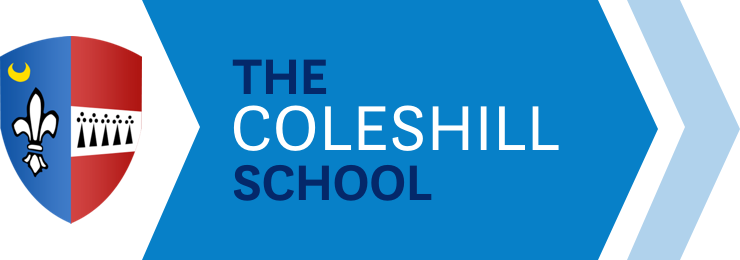Curriculum
Our Curriculum Vision & Intent
An ambitious curriculum that ensures all of our students are equipped with the knowledge, skills and understanding to build relationships and to connect and engage with society beyond their school and community. All students have access to a powerful and knowledge rich curriculum, that empowers them to be successful and frow and flourish as unique individuals, whilst equipping them with real life skills and experiences. Students are thus able to develop a sense of self and take control of their own destiny.
Our Values
Our curriculum is underpinned by the school values of ‘Work Hard, Be Kind and Take Responsibility’ that encourage our students to display and develop learning behaviours that have a positive impact on their academic outcomes alongside their personal growth, well-being and development.
Implementing a high quality curriculum

At Key Stage 3 students follow programmes of study in the following subjects:
English, mathematics, science, Geography, History, Religious Education, Art, Drama, Music, Physical Education, Technology, Modern Foreign Languages (Spanish or French), Computer Science, PSHE (Personal, Social, Health and Education)
At Key Stage 4 students study a common core of subjects including English, Mathematics, Science, Physical Education and PSHE. Students, with clear advice and guidance from school make a choice of up to four other subjects to study. They choose one Humanities subject from History and Geography and three further options. The further options can be chosen from Art & Design, Business Studies, Computer Science, Dance, Design Technology, Drama, Engineering, French, Geography, Health & Social Care, History, Music, Separate Science (Triple), Spanish, Sport and Textiles.
All subjects (except Physical Education and PSHE) lead to GCSE or equivalent qualifications.
At Key Stage 5 our curriculum provision includes a wide range of subjects including A levels and Vocational qualifications. Students take three subjects from over 25 subject choices.
Learning Principles and A Pedagogical Approach
| Start of lesson | 1. Knowledge retrieval & application (Do it Now) |
| Retrieval | 2. Addressing misconceptions (Intentional monitoring) |
| Direct instruction | 3. Comprehension/new learning (literacy strategy) |
| Skills Modelling | 4. Modelling & scaffolding (I do, you do, we do & turn & talk) |
| Deliberate Practice | 5. Adaptive teaching/ questioning challenge & engagement |
| Independent construction/application | |
| Assessment & evaluation | 6. Deliberate practice- fluency & precision |
| 7. Feedback (assessment policy– live marking) | |
| 8. Re–teach (assessment policy) | |
| 9. DIRT (assessment policy) | |
| End of lesson | 10. Independent learning (assessing understanding) |

